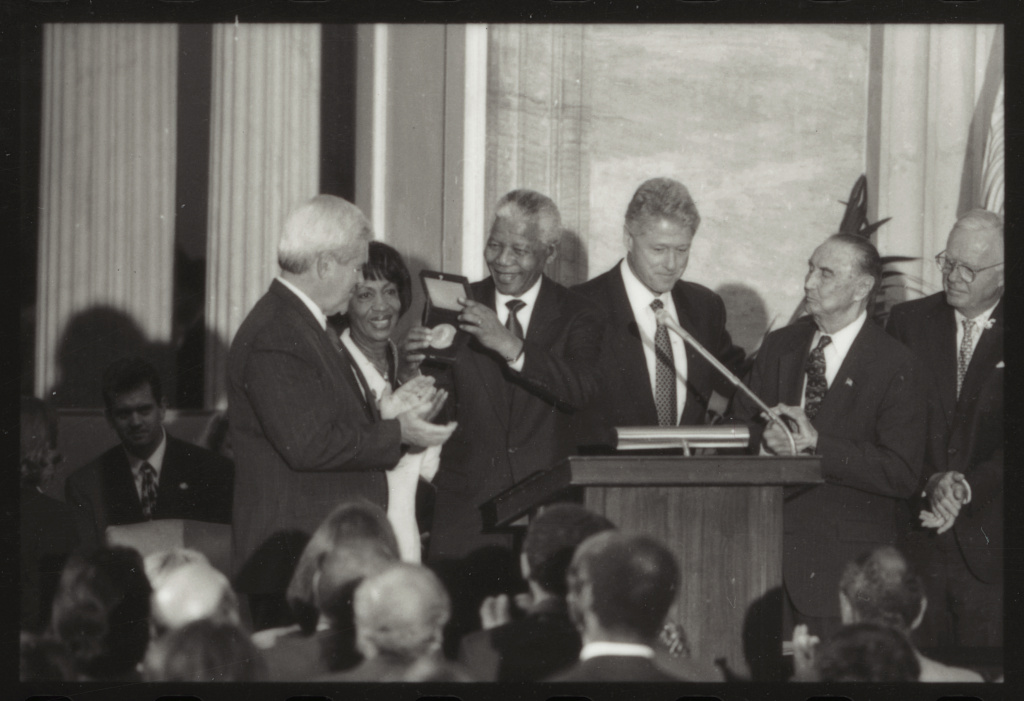Nelson Mandela, Winston Churchill, Martin Luther King Jr. and Margaret Thatcher. These are just some of the leaders who captivated audiences, inspired future generations and promised the dream of a better tomorrow. These leaders were seen as role models and conducted themselves as such. They spoke eloquently, were friendly to their constituents and inspired people through world-changing policies and ideas.
Where has our current world leadership gone amiss?
Now, we are entangled with leaders who fail to inspire through innovative and progressive thought. Instead of engaging their constituents with new policies and grand ideas, they simply point their finger at their opposition and shout, “Choose me because he is your enemy!”
There is no longer statesmanship, status and eloquence. Instead we have leaders shouting vulgarities at their partisan opponents. This type of leadership would enrage and disgust the stellar leaders of the past. In fact, it could be argued that this vulgar approach to leadership is a desecration of the positions these leaders have been chosen to hold.
Leaders without manners and decency; how is that even possible?
The journal National Affairs defined statesmanship as “morally excellent leadership” by the virtues of prudence, justice, courage and temperance. In other words, a statesman is a leader who speaks eloquently, genuinely cares for their constituents, is able to dampen their political rhetoric in inappropriate situations and who can unite a group of people in the toughest circumstances.
A perfect example is Nelson Mandela, a world-renowned leader who inspired multiple generations through his passionate speeches. Mandela’s leadership style can be described as humble and visionary. The Nelson Mandela Foundation states in a report regarding his leadership style that one of his strongest attributes was controlling his temperament. Mandela never lashed out at his political opponents; instead, he used logic and thoughtfully spoken words to dismantle his political opponent’s argument and win favor with constituents. When his opponents attacked his character, he simply stood strong on his argument and pointed out that the anger emanating from his foe was evidence they were arguing from a point of emotion rather than a point of fact.
This is a key leadership attribute that we as students must reclaim, especially if we want to have a lasting impact on our society. We need to start learning manners again.
Loud, aggressive and vulgar discourse has become all to common in the public sphere. We need to start assessing what words and tone we use when speaking to others and how we communicate our viewpoints to the audience instead of trying to force it down their throats.
I challenge you to go one day without swearing or using a crude word. Simple, right? I promise you it is much harder than it sounds, simply because it has become woven into our society.
I hope this article inspires you to become a leader and communicator like the great Nelson Mandela, whose legacy will last for decades to come. Become a leader who steers with pride and not ego, who communicates with elegance and eloquence — a stark contrast to some of the leaders of today.
I hope that in future we can return a sense of nobility to the positions of authority that have been hijacked by loud, populist leaders who fail to embody the integrity for which their position stands.
Simon Fox can be reached at [email protected].



















